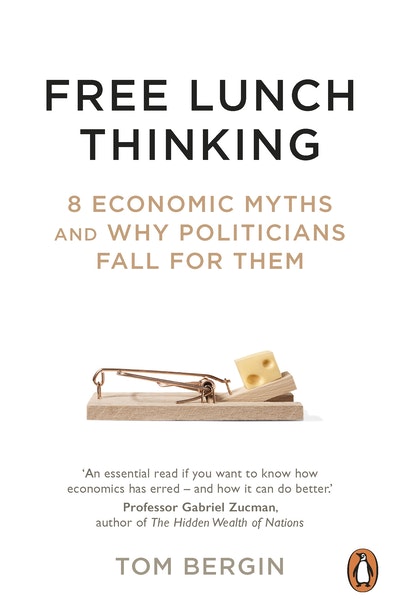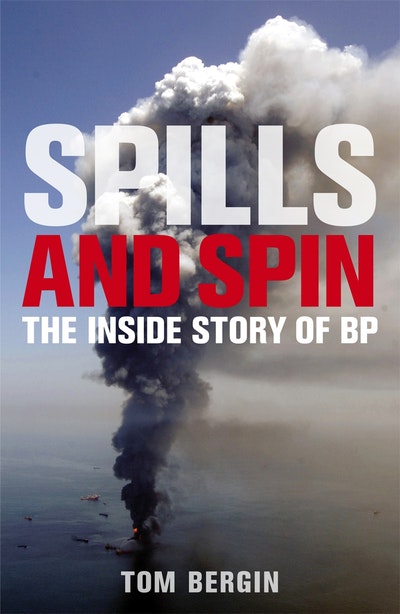[]
Play sample
- Published: 28 January 2021
- ISBN: 9781473574618
- Imprint: Cornerstone Digital
- Format: EBook
- Pages: 384
Free Lunch Thinking
8 Economic Myths and Why Politicians Fall for Them
Formats & editions
Buy from…
- Published: 28 January 2021
- ISBN: 9781473574618
- Imprint: Cornerstone Digital
- Format: EBook
- Pages: 384




